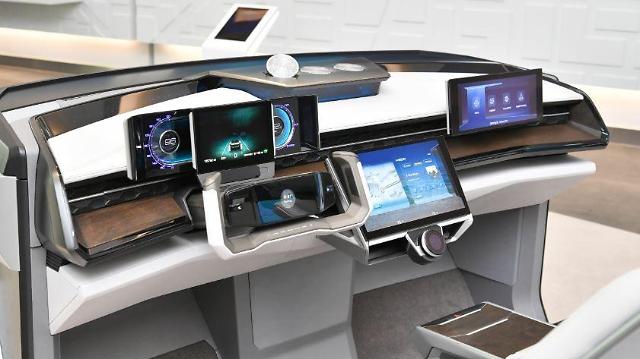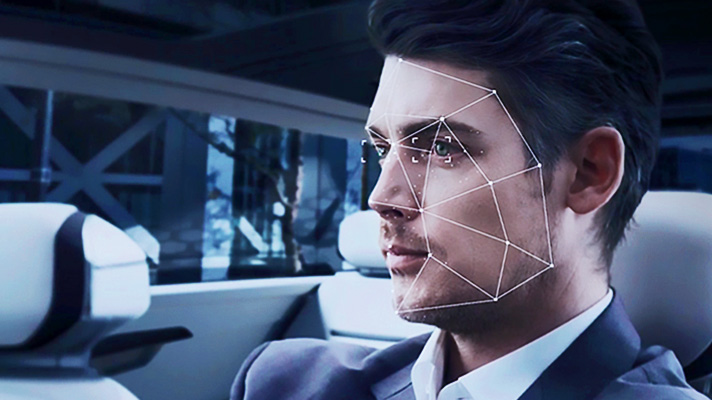Drunk or drowsy? This cabin controller from Hyundai wouldn't let you drive
It'll monitor & analyse biometric signals

Drowsy or drunken driving is one of the major causes of major traffic accidents. Automakers are applying driver negligence monitoring technologies to prevent it.
Hyundai Mobis, the parts-making unit of Hyundai Motors, has come up with a smart cabin controller that can monitor and analyse various biometric signals such as driver's posture, heart rate, and brain wave in real time to ensure safe driving.
This safety technology is focused on the occupants rather than on vehicle performance, working autonomously from the overall car package and making sure drivers are given the tools to drive as effectively as possible.
The company said that this is the first time a dedicated healthcare controller has been developed that can perform an integrated analysis of various vital signs.
Cheon Jae-seung, head of the R&D division, Hyundai Mobis, said: "Based on the unique vital signs database we've built up, we will upgrade this technology further to provide more features, including carsickness prevention, stress management, and the blocking of drunk driving."
The technology behind Hyundai Mobis' new cabin controller

Mobis, which has christened the new tech as Smart Cabin Controller, said it is equipped with four sensors: a 3D camera to capture the posture of occupants, an ECG sensor mounted on the steering wheel will keep a tab on the heart of the driver, an ear-set sensor will measure the brainwaves flowing around ears and an HVAC (heating, ventilation, and air conditioning) sensor will measure the temperature / humidity and carbon dioxide level of the cabin.
The controller analyzes various vital signs collected from these sensors in real time to help with safe driving.
Sign up for breaking news, reviews, opinion, top tech deals, and more.
Based on such information, an alarm can ring or be displayed on any of the digital display systems in the vehicle.
If the ECG sensor detects a high stress level in the driver, it can recommend switching to the autonomous switching mode or even stop the vehicle, if need be.
It can open windows or switches to the outside-circulation mode if the CO2 level is too high. "This technology is expected to further evolve to be able to guide the vehicle to an emergency room in case of an emergency, such as cardiac arrest," Cheon Jae-seung added.

Last year, Hyundai Mobis unveiled 'M.Brain', a brainwave-based driver monitoring system, and 'M.VICS', an autonomous driving cockpit system equipped with various new healthcare technologies, including an ECG sensor, driver monitoring camera, and carsickness reduction technology.
The driver’s attention is assessed by combining the driving data such as lane departure, steering wheel control, acceleration and deceleration, and the other data of driver status such as eye blink detection.

Over three decades as a journalist covering current affairs, politics, sports and now technology. Former Editor of News Today, writer of humour columns across publications and a hardcore cricket and cinema enthusiast. He writes about technology trends and suggest movies and shows to watch on OTT platforms.